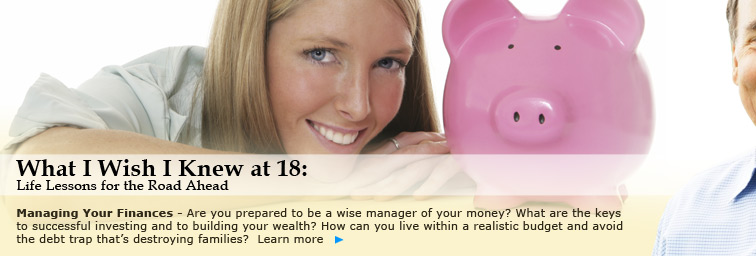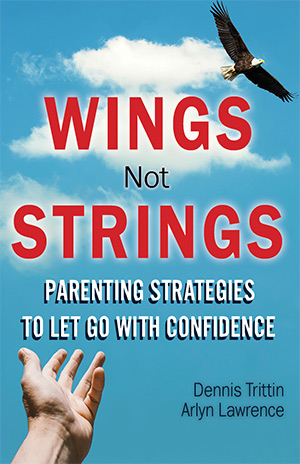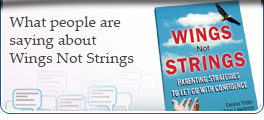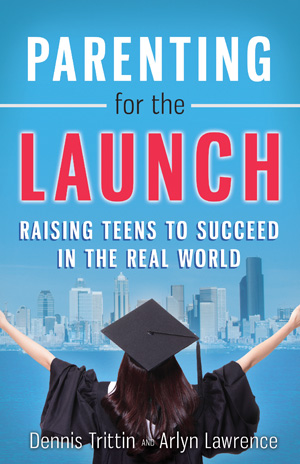Everyone Needs an Emergency Savings Fund (and How to Start One)
7/12/2015 10:54:59 AM
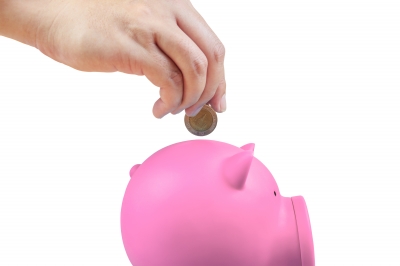 Sometimes our plans go awry and the unexpected happens. You lose your job. You take a pay cut when your employer trims the budget. You’re out of work for months recovering from surgery. Your roof leaked (or, in our case, our septic system backed up!) while you were on a long vacation. Your washer and dryer went out. You dropped your smart phone in a puddle. What will you do?
Sometimes our plans go awry and the unexpected happens. You lose your job. You take a pay cut when your employer trims the budget. You’re out of work for months recovering from surgery. Your roof leaked (or, in our case, our septic system backed up!) while you were on a long vacation. Your washer and dryer went out. You dropped your smart phone in a puddle. What will you do?Hopefully, you’ve planned for emergencies and contingencies.
According to a 2011 survey by the National Foundation for Credit Counseling, 64% of Americans don’t have enough cash on-hand to handle a $1,000 emergency. This means that if a crisis strikes, big or small, and you DON’T have money put away for emergencies—they’re in for a world of hurt. They’ll realize the hard way that they needed a special fund for life’s unexpected lemons.
An “emergency fund” is an account set aside with money earmarked solely for high impact contingencies that inevitably surface As a rule of thumb, it contains four to six months worth of average monthly expenses (invested in safe, short-term investments) will help serve as a buffer in these unfortunate situations. During periods when the economy is weak and your job may be in jeopardy, it’s sensible to build a six to twelve-month emergency fund to give you an extra cushion. Establishing an emergency fund should be your first financial priority once you begin your career.
To determine how much you should have in your emergency fund, you should first identify what constitutes six months’ worth of normal household expenses. (Include expenses like your mortgage or rent, utilities, loans, insurance, gas, groceries, and other essentials, allowing a small amount for incidentals and entertainment, etc.)
Then, once your balance reaches six months worth of expenses, it’s hands off! You’ll need to resist the temptation to withdraw from your emergency fund for vacations, high tech toys you think you can’t live without, or any other non-emergency expenses or indulgences.
Ultimately, what an emergency fund buys you is peace of mind. When the invevitable happens, you won’t have to scramble around for the money you need and you won’t have to turn to credit cards or other debt. It’s like an insurance policy you’ll be glad you have when life throws you a big fat lemon!
How have you created an emergency fund? Can you think of a time that your savings came in handy? It’s never to soon or too late to start. Do you have any other tips or advice, or creative ways you were able to save up for an emergency expense fund?
Picture: freedigitalphotos.net, PC- FrameAngel
Tagged as: finances, financial literacy, budgeting





